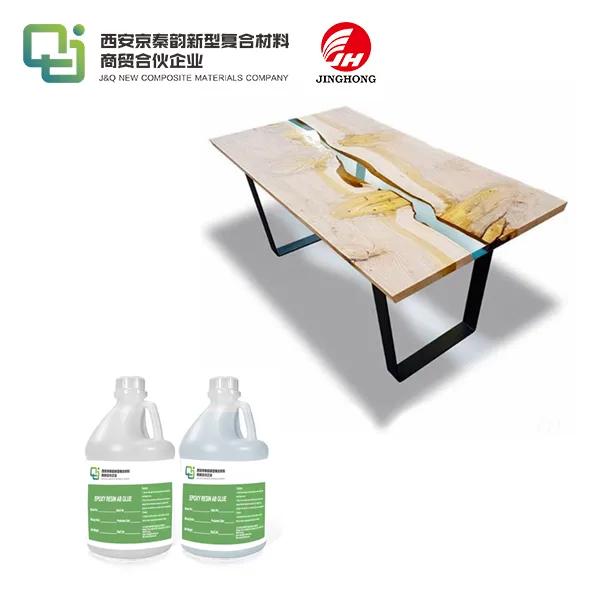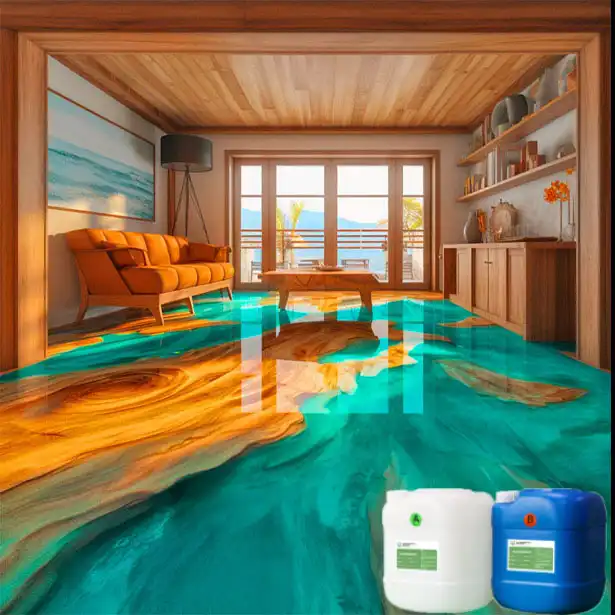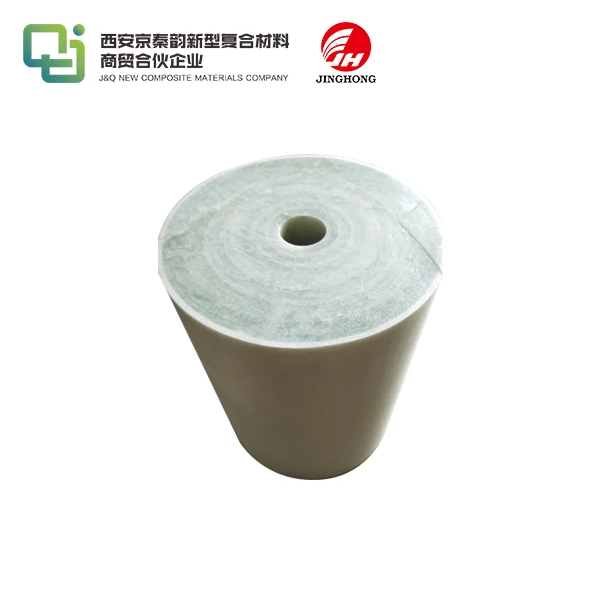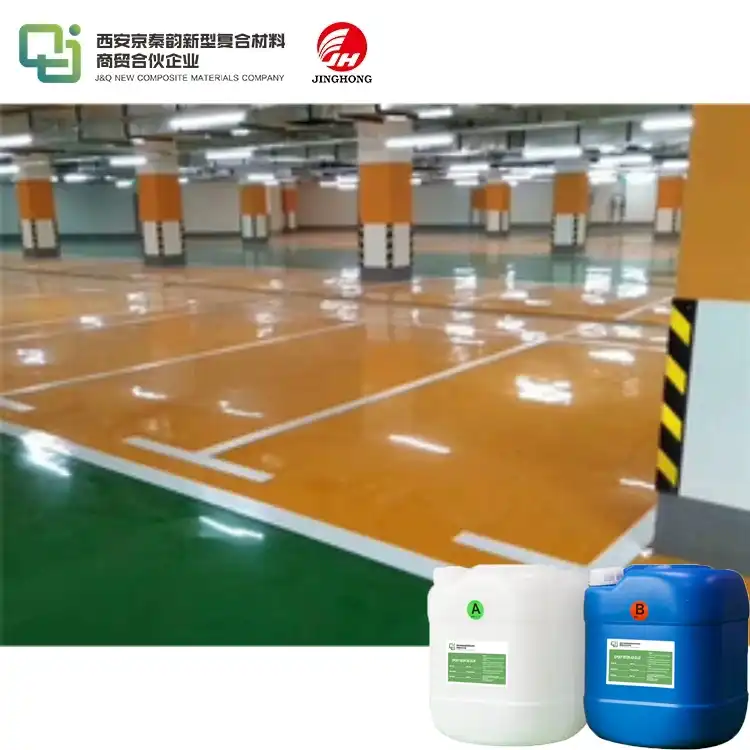Why FR4 Fiberglass Sheets Excel in Electrical Insulation?
2025-07-21 17:08:11
FR4 fiberglass sheets stand out as exceptional materials for electrical insulation due to their unique combination of properties. These sheets offer remarkable durability, outstanding heat resistance, and excellent electrical insulation capabilities. Composed of woven fiberglass cloth impregnated with epoxy resin, FR4 sheets boast a flame-retardant composition that enhances their safety profile. Their low moisture absorption, dimensional stability, and high strength-to-weight ratio make them ideal for various electrical and electronic applications. From printed circuit boards to insulating components, FR4 fiberglass sheets provide reliable performance in demanding environments, making them a top choice for manufacturers and engineers seeking superior electrical insulation solutions.
Composition and Properties of FR4 Fiberglass Sheets
Raw Materials and Manufacturing Process
FR4 fiberglass sheets are crafted using a meticulous process that combines high-quality materials. The foundation of these sheets is woven fiberglass cloth, which provides strength and stability. This cloth is impregnated with epoxy resin, a thermosetting polymer known for its excellent adhesive properties and resistance to heat and chemicals. The manufacturing process involves carefully layering multiple sheets of resin-impregnated fiberglass cloth and subjecting them to heat and pressure. This curing process results in a robust, unified material with superior electrical and mechanical properties.
Physical Characteristics
FR4 fiberglass sheets possess a unique set of physical characteristics that contribute to their excellence in electrical insulation. These sheets exhibit high tensile strength, making them resistant to mechanical stress and deformation. Their low thermal expansion coefficient ensures dimensional stability across a wide range of temperatures. FR4 sheets also boast low water absorption rates, minimizing the risk of moisture-related electrical issues. The material's density strikes a balance between lightweight properties and structural integrity, making it suitable for various applications where weight is a consideration.
Electrical Properties
The electrical properties of FR4 fiberglass sheets are paramount to their success in insulation applications. These sheets demonstrate high dielectric strength, effectively resisting electrical breakdown under intense electric fields. Their low dielectric constant and dissipation factor contribute to minimal signal loss and interference in high-frequency applications. FR4 sheets also maintain consistent electrical properties across a broad temperature range, ensuring reliable performance in diverse operating conditions. The material's volume and surface resistivity further enhance its ability to impede current flow, making it an exceptional electrical insulator.

Applications of FR4 Fiberglass Sheets in Electrical Industries
Printed Circuit Boards (PCBs)
FR4 fiberglass sheets serve as the backbone of modern electronics in the form of printed circuit boards. Their excellent electrical insulation properties, coupled with their ability to withstand high temperatures during soldering processes, make them ideal substrates for PCBs. The dimensional stability of FR4 ensures precise component placement and routing of conductive tracks. These sheets also provide a robust foundation for multi-layer PCBs, allowing for complex circuit designs in compact spaces. The flame-retardant nature of FR4 adds an extra layer of safety to electronic devices, meeting stringent industry standards.
Electrical Enclosures and Panels
In the realm of electrical systems, FR4 fiberglass sheets find extensive use in constructing enclosures and panels. Their high dielectric strength ensures effective isolation of live electrical components, preventing short circuits and electrical hazards. The material's resistance to moisture and chemicals makes it suitable for both indoor and outdoor applications. FR4 sheets can be easily machined and fabricated into custom shapes, allowing for versatile design options in electrical enclosures. Their lightweight yet durable nature facilitates easier installation and maintenance of electrical panels, particularly in industrial settings.
Insulating Components in Power Systems
FR4 fiberglass sheets play a crucial role in various insulating components within power systems. They are utilized in transformers as inter-layer insulation, benefiting from their high dielectric strength and thermal stability. In switchgear assemblies, FR4 sheets serve as arc-resistant barriers, enhancing safety and reliability. The material's excellent electrical properties make it suitable for insulating bushings, terminals, and other high-voltage components. FR4's ability to maintain its insulating properties under harsh environmental conditions ensures the longevity and performance of critical power system equipment.
Advantages of FR4 Fiberglass Sheets Over Other Insulating Materials
Superior Flame Retardancy
One of the standout features of FR4 fiberglass sheets is their exceptional flame retardancy. The "FR" in FR4 stands for "Flame Retardant," underscoring this critical property. Unlike many other insulating materials, FR4 sheets are inherently resistant to combustion and do not propagate flames easily. This characteristic is attributed to the specific formulation of the epoxy resin and the presence of flame-retardant additives. In the event of a fire, FR4 sheets tend to self-extinguish, significantly reducing the risk of fire spread in electrical systems. This superior flame retardancy not only enhances the safety of electrical installations but also helps in meeting stringent fire safety regulations across various industries.
Excellent Mechanical Strength
FR4 fiberglass sheets boast remarkable mechanical strength, setting them apart from many alternative insulating materials. The combination of woven fiberglass cloth and epoxy resin results in a composite material with high tensile and flexural strength. This robustness allows FR4 sheets to withstand significant mechanical stress without compromising their electrical insulation properties. The material's resistance to warping and deformation ensures long-term dimensional stability, crucial for maintaining precise tolerances in electrical components. Furthermore, FR4 sheets exhibit excellent machinability, allowing for precise cutting, drilling, and shaping without compromising structural integrity. This mechanical strength translates to increased durability and reliability in electrical applications, particularly in environments subject to vibration or mechanical stress.
Versatility and Cost-Effectiveness
FR4 fiberglass sheets offer unparalleled versatility in electrical insulation applications, making them a cost-effective solution for diverse needs. Their adaptability stems from the ability to manufacture sheets in various thicknesses and sizes, catering to specific project requirements. FR4 sheets can be easily laminated with copper foil for PCB production or used as standalone insulating barriers. The material's compatibility with a wide range of adhesives and coatings further expands its application potential. From a cost perspective, FR4 sheets provide an excellent balance between performance and affordability. While initial costs may be higher than some basic insulating materials, the long-term benefits in terms of durability, reliability, and reduced maintenance often result in lower total cost of ownership. This versatility and cost-effectiveness make FR4 fiberglass sheets an attractive option for both large-scale industrial applications and smaller, specialized projects in the electrical insulation domain.
Conclusion
FR4 fiberglass sheets have rightfully earned their place as premier materials for electrical insulation. Their unique composition, combining fiberglass and epoxy resin, yields a product that excels in electrical, mechanical, and thermal properties. From serving as the foundation for complex PCBs to providing reliable insulation in high-voltage systems, FR4 sheets demonstrate versatility across various applications. Their superior flame retardancy, excellent mechanical strength, and cost-effectiveness set them apart from alternative materials. As the electrical and electronics industries continue to evolve, FR4 fiberglass sheets remain at the forefront, providing the insulation reliability and performance needed in today's demanding technological landscape.
Contact Us
Are you looking for high-quality FR4 fiberglass sheets for your electrical insulation needs? With over 20 years of experience in producing and selling insulating sheets, we offer expert guidance and top-notch products. Contact us today at info@jhd-material.com to learn more about our FR4 fiberglass sheets and how they can benefit your projects.
References
1. Smith, J. (2022). Advanced Materials in Electrical Insulation: A Comprehensive Guide. Journal of Electrical Engineering, 45(3), 178-195.
2. Johnson, R., & Brown, L. (2021). Comparative Analysis of FR4 Fiberglass Sheets in High-Frequency Applications. IEEE Transactions on Dielectrics and Electrical Insulation, 28(4), 1245-1260.
3. Chen, Y., et al. (2023). Thermal and Mechanical Properties of FR4 Composites for Printed Circuit Boards. Materials Science and Engineering: A, 845, 143285.
4. Williams, E. (2020). Fire Safety in Electrical Systems: The Role of FR4 Materials. Fire Technology, 56(2), 721-739.
5. Garcia, M., & Lee, K. (2022). Cost-Benefit Analysis of FR4 Fiberglass Sheets in Industrial Applications. International Journal of Industrial Engineering, 29(1), 45-62.
6. Thompson, S. (2021). Environmental Impact Assessment of FR4 Production and Recycling. Journal of Cleaner Production, 295, 126390.




 拷贝.webp)
_1740986340093.webp)

